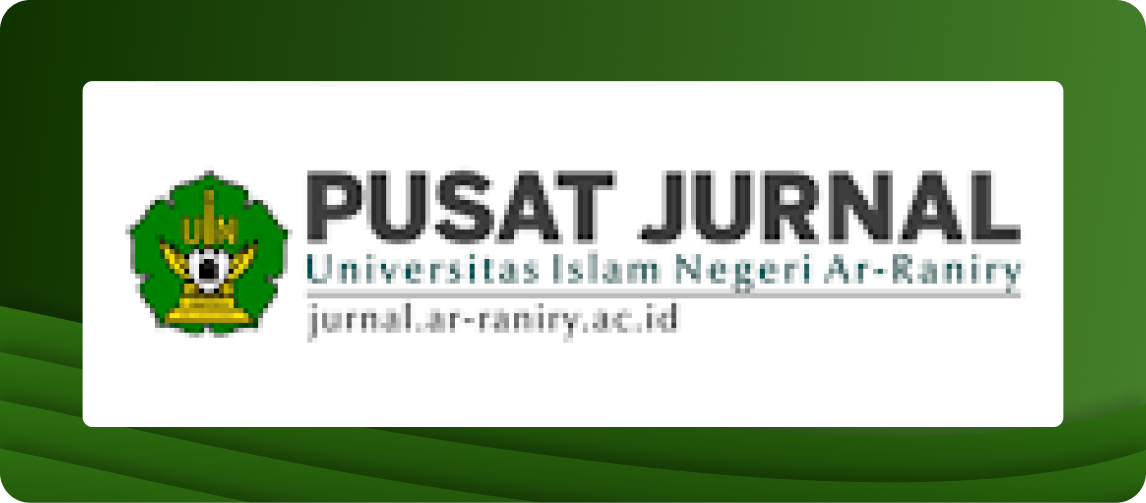KONSEP ‘URF DAN IMPLEMENTASINYA PADA IHDAD WANITA KARIER
DOI:
https://doi.org/10.22373/ujhk.v2i2.7576Abstract
ABSTRAK
Islam menempatkan posisi perempuan pada sebaik-baik tempat dan kedudukan. Perempuan dengan segala keistimewaan yang melekat pada dirinya adalah makhluk sosial yang akan berperan sebagai istri, ibu, dan anak bahkan sebagai anggota kemasyarakatan. Keberadaan dan peran perempuan (khususnya perempuan pekerja) baik karena terpaksa sebab ditinggal wafat oleh suaminya atau kedua orang tuanya atau atas kemauan pribadi sudah tidak dapat dipungkiri lagi, mengingat kesetaraan dan kesamaan hak bagi setiap individu telah diatur sedemikian rupa termasuk hak untuk bekerja tanpa memandang gender. Namun Islam memberikan rambu-rambu dan ketentuan mengenai status seorang wanita pekerja terutama di saat keadaan mengharuskan seorang wanita untuk berkabung atas kematian suaminya yang dikenal dengan istilah ihdad. Dilihat dari konteks kacamata agama dan kehidupan masyarakat pada umumnya, jelas akan memicu problematika sosial keagamaan ketika seorang perempuan harus bekerja di luar rumah, hal ini disebabkan oleh faktor internal dan eksternal. Di antara faktor internal adalah keterbatasan pada penciptaan yang dimiliki oleh seorang perempuan yang membedakan mereka dengan laki-laki, baik dari sisi tenaga yang terbatas dan juga daya tahan. Demikian juga faktor eksternal di saat lingkungan tempat kerja dapat menimbulkan fitnah dan rentan dari segi keamanan. Berdasarkan uraian di atas, penulis tertarik untuk melakukan penelitian lebih lanjut terhadap masalah ini dengan tujuan untuk mengetahui bagaimana ketentuan syariat Islam tentang ihdad, dan bagaimana menerapkan ihdad bagi wanita karier sesuai dengan ketentuan syariat Islam dan kearifan lokal dengan kacamata Maqashid Syariah Islamiyah.
Kata kunci: Wanita Karir, Ihdad, ‘Urf, Kearifan Lokal
ABSTRACT
Islam places the position of women in the best of places and positions. Women with all the privileges inherent in themselves are social creatures who will act as wives, mothers, and children even as members of society. The existence and role of women (especially women workers) either because they are forced to die by their husbands or their parents or on their own will cannot be denied anymore, given the equality and equality of rights for each individual has been regulated in such a way including the right to work regardless of gender . But Islam provides signs and provisions regarding the status of a working woman, especially when circumstances require a woman to mourn for the death of her husband, known as ihdad. Viewed from the context of religious perspectives and community life in general, it will obviously trigger social social problems when a woman has to work outside the home, this is caused by internal and external factors. Among the internal factors is the limitations on the creation of a woman that distinguishes them from men, both in terms of limited energy and endurance. Likewise, external factors when the workplace environment can lead to slander and security. Based on the description above, the author is interested in conducting further research on this issue with the aim of finding out how the provisions of Islamic law on ihdad, and how to apply ihdad for career women in accordance with the provisions of Islamic law and local wisdom with the perspective of Maqashid Syariah Islamiyah.
Keywords: Career Woman, Ihdad, ‘Urf, Local Wisdom
Downloads
Published
Issue
Section
License
Authors who publish in El-Usrah: Jurnal Hukum Keluarga agree to the following terms:
Authors retain copyright and grant the journal right of first publication with the work simultaneously licensed Attribution-ShareAlike 4.0 International (CC BY-SA 4.0) that allows others to share the work with an acknowledgment of the work's authorship and initial publication in this journal.
Authors are able to enter into separate, additional contractual arrangements for the non-exclusive distribution of the journal's published version of the work (e.g., post it to an institutional repository or publish it in a book), with an acknowledgment of its initial publication in this journal.
Authors are permitted and encouraged to post their work online (e.g., in institutional repositories or on their website) prior to and during the submission process, as it can lead to productive exchanges, as well as earlier and greater citation of published work. (See The Effect of Open Acces)

















